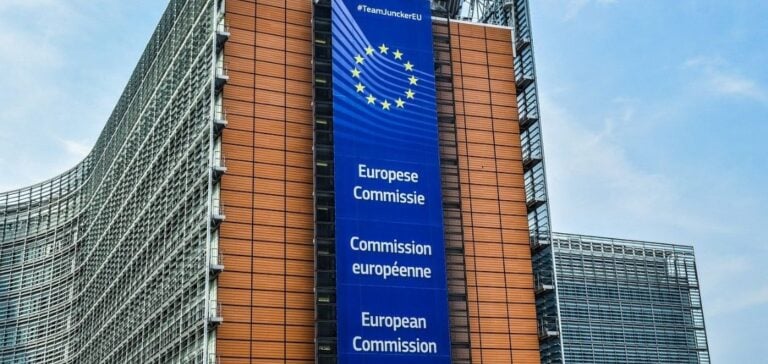In an effort to promote the decarbonization of energy systems, the European Commission has approved 300 million euros in state aid for Nuward, an EDF subsidiary. This grant is intended to support SMR research and development in France.
Details of the EU-funded initiative
The European funding was announced by Margrethe Vestager, the European Commissioner for Competition. She emphasized that the initiative was designed not only to promote energy transition, but also to maintain fair competition in the energy market. The project, which will be supported until early 2027, is seen as a pillar of the EU’s open strategic autonomy.
Benefits of SMR
SMRs, although smaller and less powerful than traditional nuclear reactors, are designed to be extremely versatile. They can generate electricity and provide the heat needed by heavy industries such as glass, chemicals and steel, which are currently highly dependent on fossil fuels.
International context and outlook
To date, Russia is the only country with an operational SMR. However, other countries such as Argentina, Canada, China and South Korea are in the process of building or authorizing such projects. In France, the Nuward project is expected to be completed after 2030, marking a significant step forward in the adoption of this nuclear technology.
Changing perceptions of nuclear power in the EU
Historically controversial, nuclear power has been enjoying a comeback within the European Union over the past two years. Under the influence of France, nuclear power is now integrated into EU decarbonization strategies alongside renewable energies, thanks to appropriate legislation.
The European Commission’s approval of financial aid for the development of SMRs in France represents a strong commitment to modernizing nuclear power generation and reducing carbon emissions. This project bears witness to the growing importance of nuclear power in Europe’s overall energy strategy, aimed at combining technological innovation with environmental sustainability.






















